The RHS Chelsea Flower Show is the most cutting-edge garden show on earth, always celebrating boundary-pushing, forward-thinking design, and is the place to go to find the most topical ideas in garden making. We talked to all the top show garden designers for 2023, examined their designs and visited the finished gardens, and these are the main concepts we have seen shining through and repeated throughout the show.
Don't miss our look back at the best Show Gardens since 2000
Garden trends at this year's Chelsea Flower Show
Edibles and edimentals
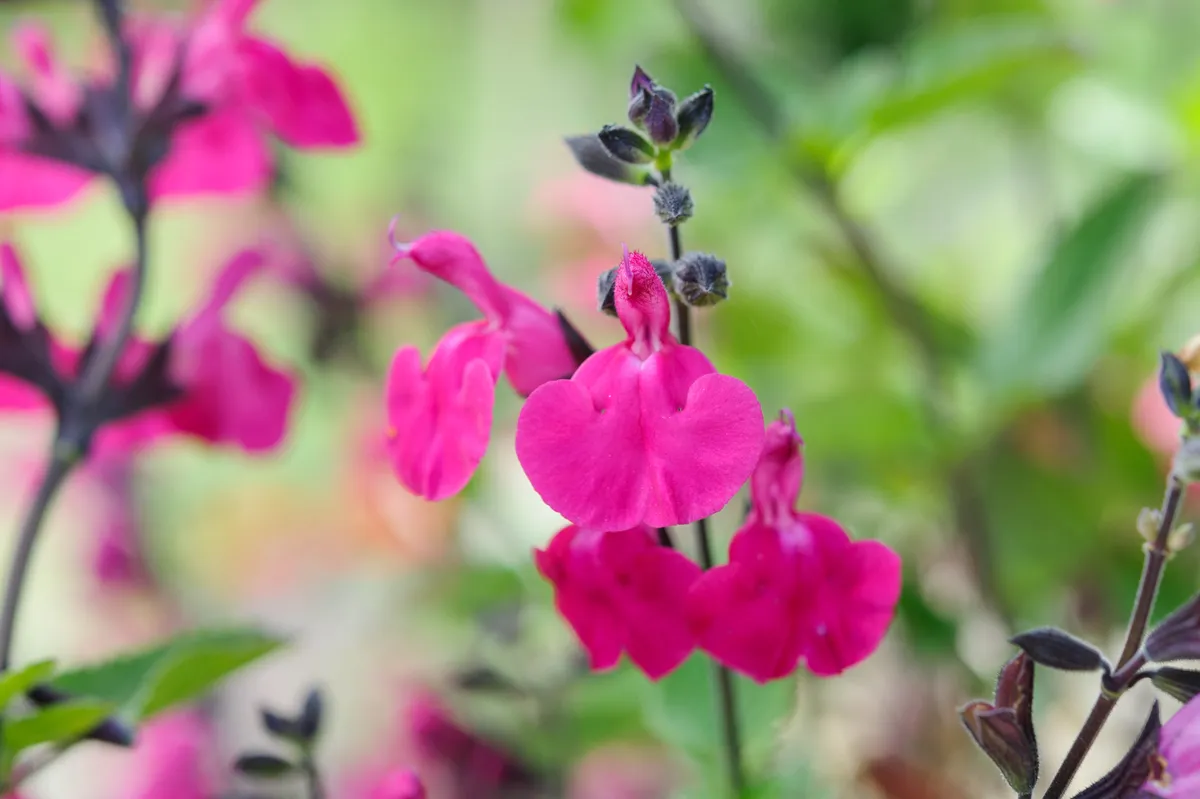
Whether it is because of the cost-of-living crisis or the result of a peak in grow your own in the pandemic, interesting edible plants are a focus for gardeners right now and one of the most noticeable trends in Chelsea show gardens this year.
Traditional edibles were the stars of the Savills Garden, designed by Mark Gregory, which took the form of a hotel’s seasonal kitchen garden, with vegetables growing in raised beds, stepover apples and even pots of interesting edibles like samphire, which has to be watered with saltwater. It’s a similar vibe in Filippo Dester’s Hamptons Mediterranean Garden in the Sanctuary Gardens category, which features a fig tree and herbs around a dining area. In the same category, James Smith’s London Square Community Garden also showcased containers of edible produce in a more typical way.
But the real buzzword this year is ‘edimentals’ – plants that are both edible and ornamental, beautiful and tasty, and Harry Holding’s School Food Matters Garden focused on this sweet spot, with 80 per cent of his planting being edible – from fruit trees to rhubarb, artichokes, asparagus, fennel and various other herbs, as well as more unusual things people may not know are edible, like asphodeline. Manoj Malde also used edimentals on his RHS and Eastern Eye Unity Garden, including pineapple guava, fennel, oregano, thyme, cardoons and society garlic.
Here's more on ten herbs growing at Chelsea Flower Show
Brownfield gardens
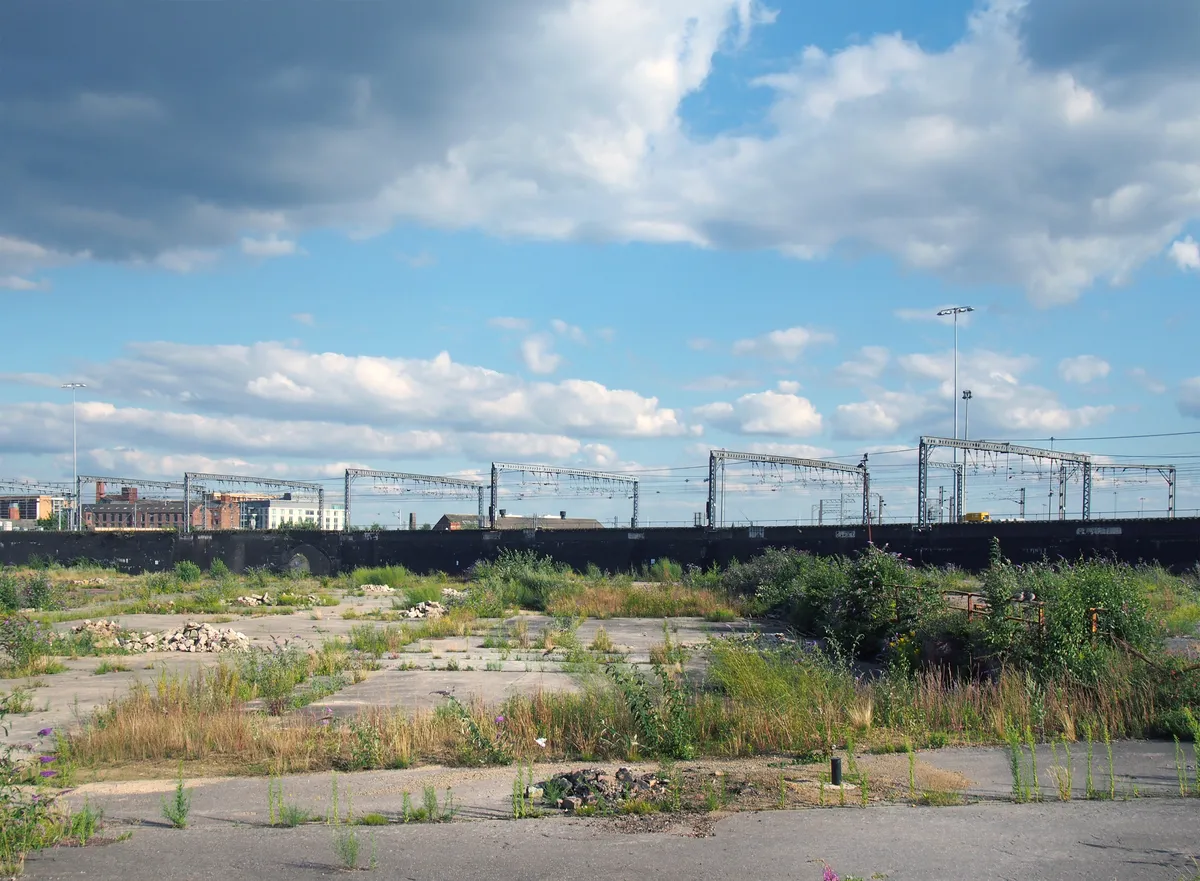
A more surprising theme that came to the fore at this year’s show is growing on brownfield sites – land that has been used by humans, usually in an industrial capacity, and then abandoned. These previously developed areas often feature a mix of waste substrates and appear to our eyes to be neglected, weed-ridden and devoid of life, but are actually hot beds of biodiversity. Tom Massey’s show garden for the Royal Entomological Society was inspired by these sorts of sites, which are magnets for a diverse range of insects, and featured wildlife panels and gabions filled with a variety of materials, and ground mulches from sand to recycled aggregates.
Cleve West’s Centrepoint Garden had a more literal take on the idea, being the neglected garden that has grown up around the ruins of a demolished house, with elements that include piles of rubble.
Don't miss our Chelsea podcast with Cleve West
Salvaged, reclaimed and waste materials
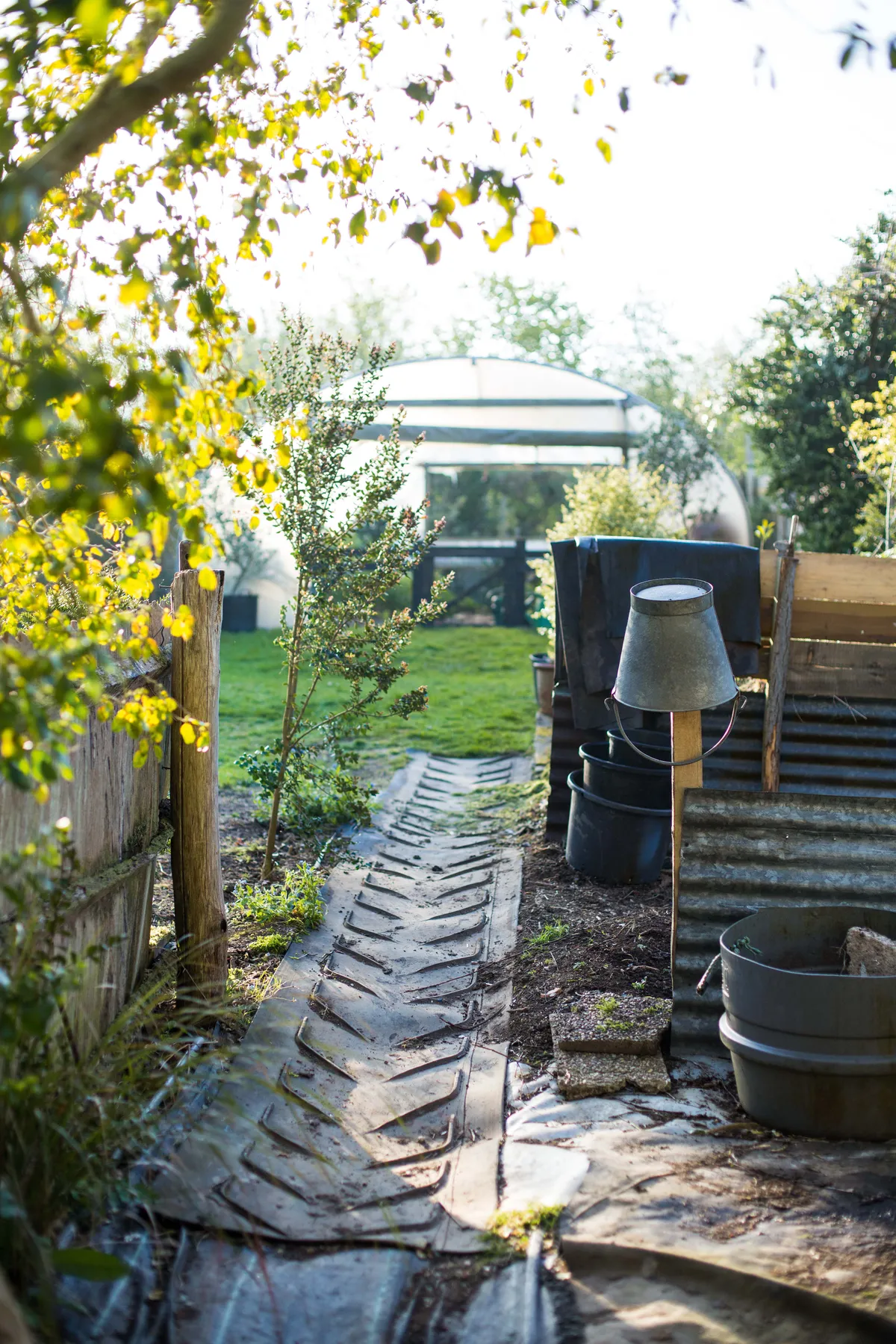
Several designers championed recycling and reusing at Chelsea this year, including Sarah Price, who aimed to have the lowest carbon footprint of any Chelsea garden ever built. She sourced all of her materials, many waste or reclaimed, from an ‘imagined corridor’ linking the Surrey base of her contractor, Crocus, to the showground in Chelsea, for the Nurture Landscapes Garden, and created features crafted from waste materials such as old brick, canvas, rope, ash, glass, recycled plastic, oyster shell, eggsshell, feathers and wood.
Jonathan Davies and Steve Williams of Wild City Studio, who designed the Centre for Mental Health’s The Balance Garden, used salvaged waste products including large chunks of concrete for their walkways and feature ‘boulders’, and crushed waste as substrate for planting. Darren Hawkes broke up and repurposed an entire concrete farmyard for his Samaritans Garden; while Martyn Wilson created a ‘rill’ made from colourful recycled plastic. Alexa Ryan Mills sourced reclaimed timber for garden furniture and reclaimed brick for the paths on her Sadler’s Wells East Garden.
Dappled woodland gardens
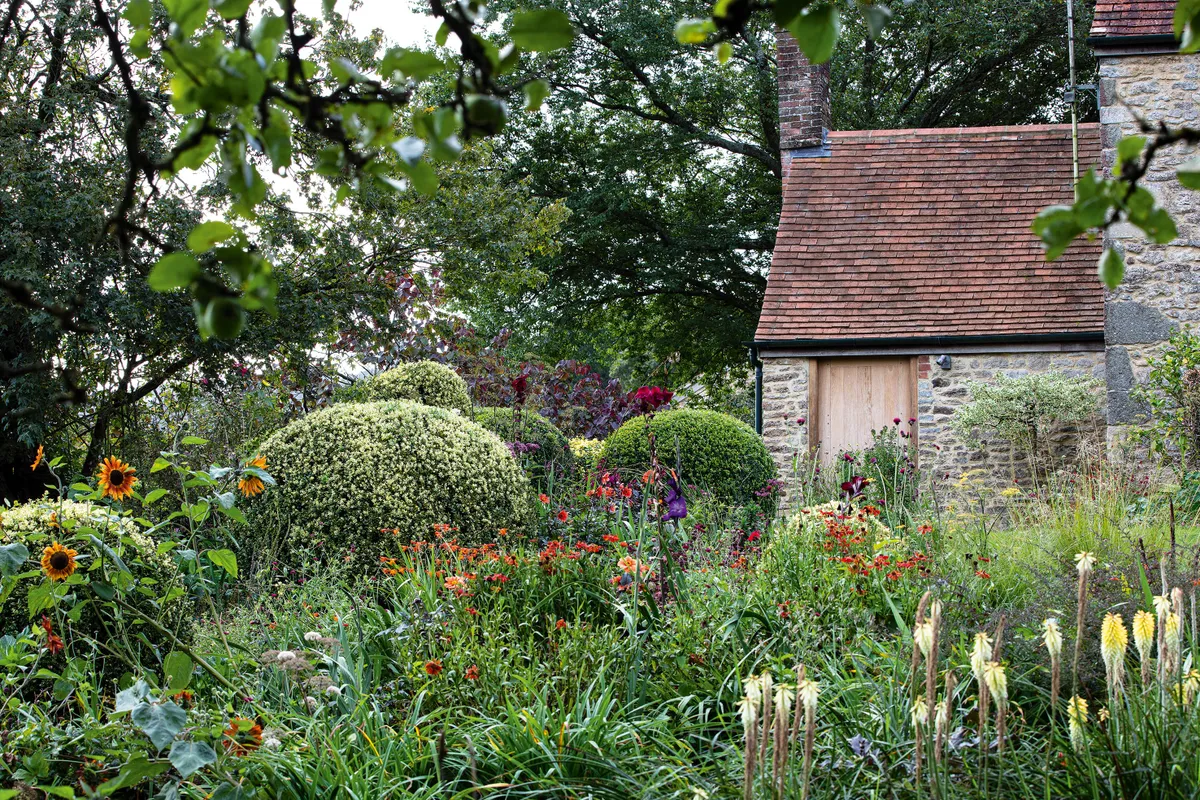
If there is a style that has predominated at Chelsea in the past decade, it is the spring woodland garden, and this year is no different, with a plethora of pretty schemes in dappled shade and woodland-edge planting. Harris Bugg chose to use multi-stem trees and create a copse-like feel for Horatio’s Garden for a practical reason – so patients on the spinal unit in Sheffield where the garden will be rehomed after the show can sit out of the harsh sun when their skin is photosensitive.
Chris Beardshaw described his design for the Myeloma UK – A Life Worth Living Garden as a curated woodland garden of eternal spring, with nine mature trees on show including a majestic ginkgo, and shade-loving planting including a labyrinth of ferns. Tom Hoblyn’s Boodles British Craft Garden in the Sanctuary Gardens category represented a shaded woodland glade with flowers including columbine and martagon lilies.
Weeds, wildflowers and pioneer plants
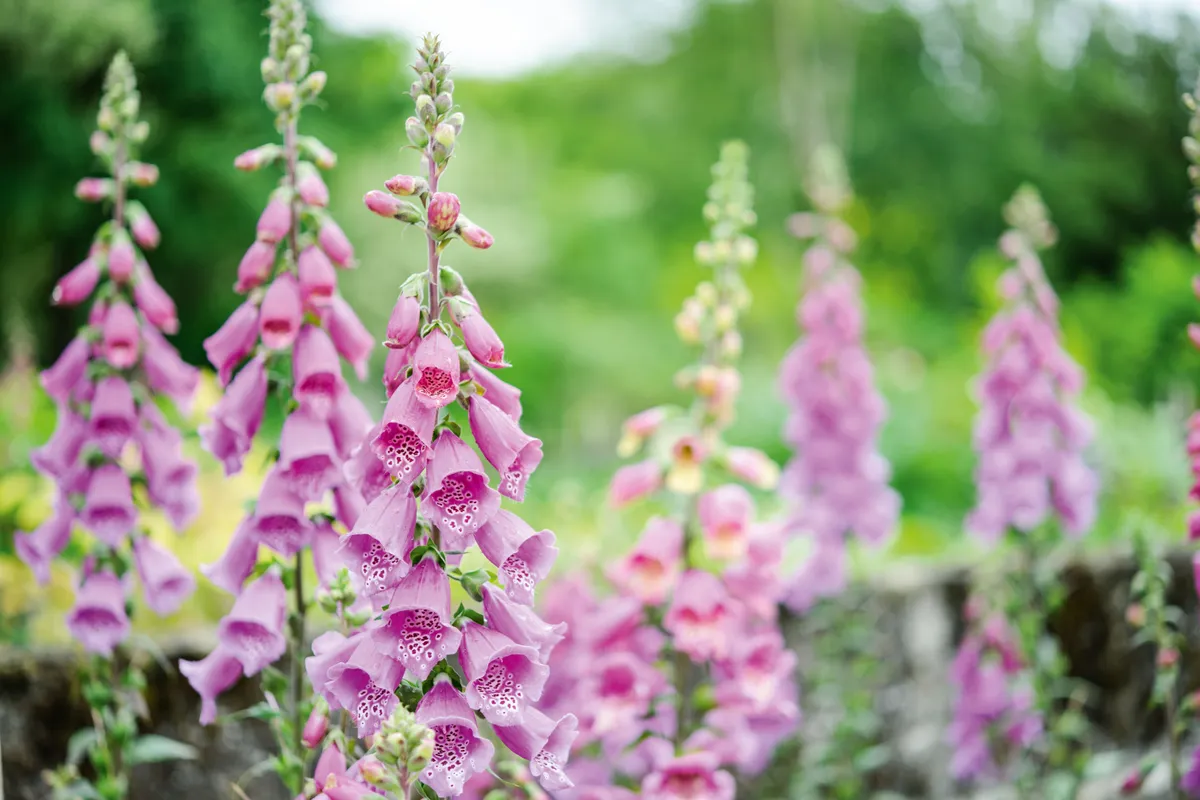
Many of the show gardens will be showcasing plants that until recently we might have termed ‘weeds’. Native wild flowers and pioneer plants were seen in particular on Cleve West’s garden, from green alkanet to self-seeded birch trees and butterfly bushes, not forgetting dandelions. Jilayne Rickards made space for brambles and nettles on The Flora and Fauna International Garden, and Tom Massey featured wild native pollinator plants such as Echium vulgare and foxgloves. Steve Williams and Jonathan Davies also be highlighting plants previously known as weeds, including ground elder, in the Balance Garden.
Dead wood
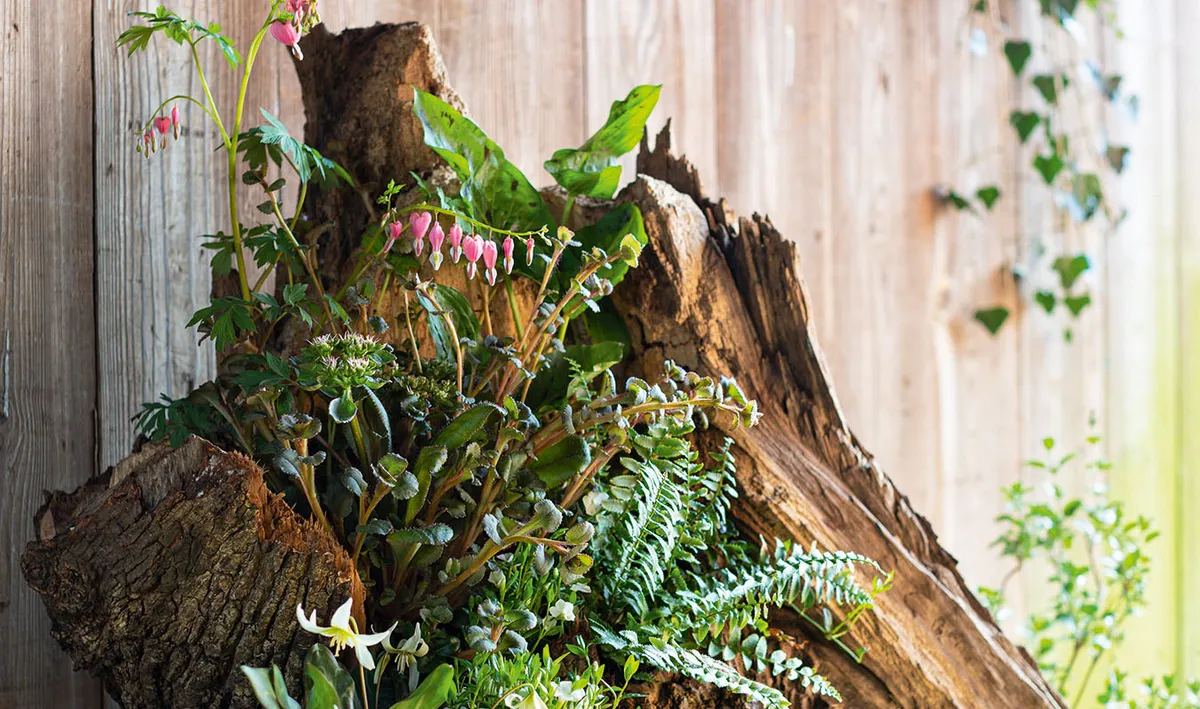
There was a surprising array of dead wood on show at this year’s Chelsea, from Cleve West’s huge fallen birch tree to Tom Massey’s sculptural installation of a dead tree cut into discs and suspended above the planting. On the RSPCA Garden, Martyn Wilson showcased a ‘dead hedge’ of garden clippings as a boundary treatment.
Accessibility and well being
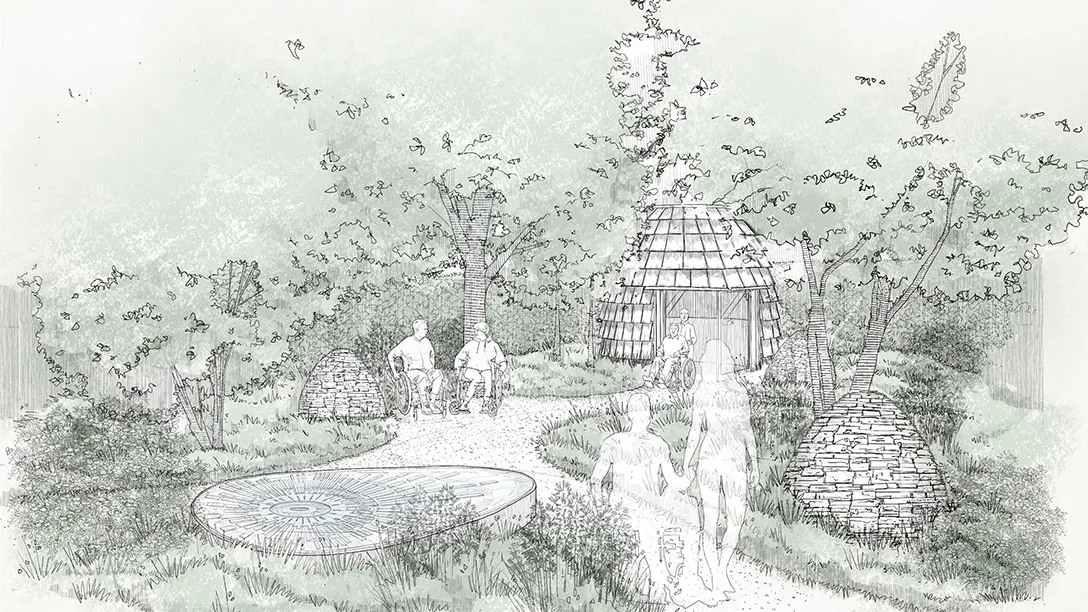
Harris Bugg’s Horatio’s Garden is the first show garden on Main Avenue that focused on accessibility, with a design created specifically for and with spinal-injury patients who use wheelchairs or access the garden in hospital beds. Charlotte Harris and Hugo Bugg put a lot of effort into creating a paving material that can be laid with incredibly close joints, so wheeling over the edges becomes almost undetectable.
Darren Hawkes’s Samaritans Listening Garden featured an area that is calm and tranquil to help people struggling with their emotions; while Charlie Hawkes’s Rare Space Garden for the National Brain Appeal was straightforward with clean contrast, block colours and shade, to be easy to navigate for people who have a type of visual dementia where the brain fails to correctly interpret what the eye is seeing.
In the All About Plants category, the Teapot Trust Garden by design duo Semple Begg focused on creating a safe space and using art therapy to guide children living with the pain and stigma of a chronic health condition, and included soundscapes to reference to non-verbal communication. And the Memoria & GreenAcres Transcendence Garden, designed by Andrew Wilson and Gavin McWilliam, was created to help the bereaved feel a sense of calm and profound reflection during their grieving process.
Earthen walls
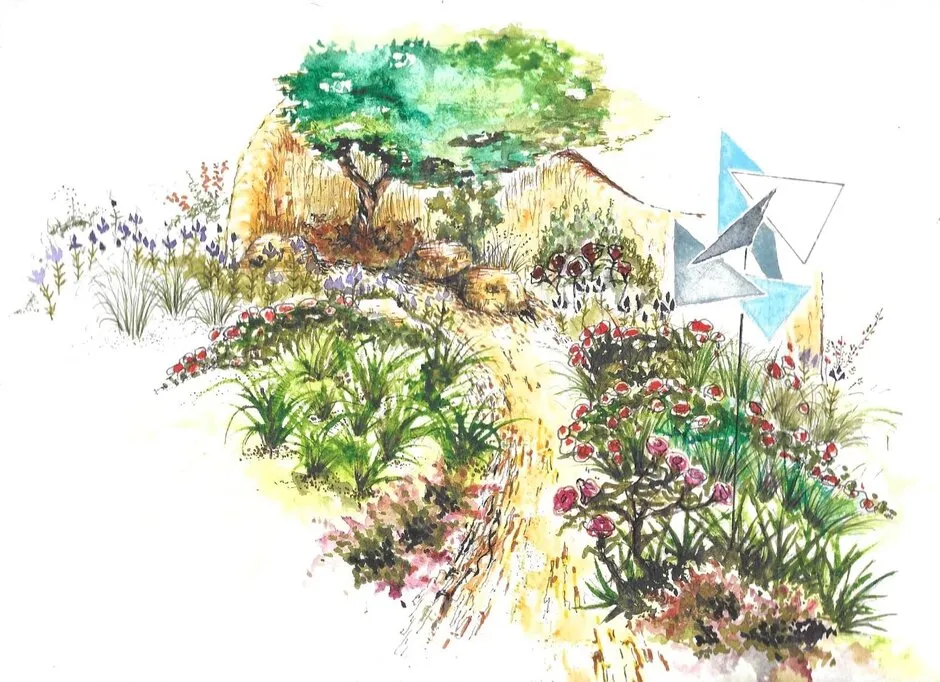
Natural, earth-based elements are a strong theme for 2023 too. Jane Porter’s boundary walls on the Choose Love Garden in the All About Plants category were made from stacked bags of earth, echoing the technique used to construct dwellings in refugee camps, which are the inspiration for her design. Harry Holding created curving rammed-earth walls, held together with a cement alternative so they can be made ahead of time, loaded entire on to a truck and driven to the show. Sarah Price on the other hand constructed her straw-cob walls for the Nurture Landscapes Garden on site at the show.
Head to our Chelsea Flower Show hub page for all our coverage
